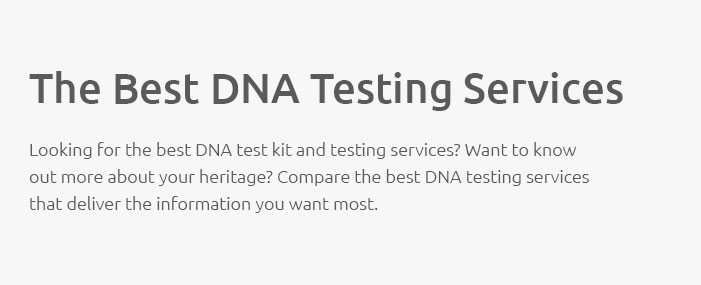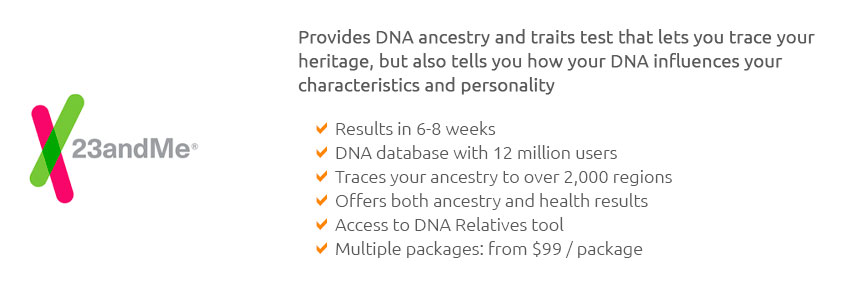 |
 |
 |
|---|
 |
 |
|---|
 |
|
|---|---|
 |
 |
 |
 |
 |
 |
 |
 |
 |
 |
 |
 |
 |
 |
 |
 |
|---|
The Best Family Genealogy Websites: Unveiling Your Ancestral JourneyIn the age of digital exploration, the quest for understanding our roots has never been more accessible, thanks to the myriad of genealogy websites available today. Whether you are an amateur family historian or a seasoned genealogist, the right platform can make all the difference in piecing together the mosaic of your lineage. This article explores the best family genealogy websites, examining their features, advantages, and the subtle nuances that make each one unique. First and foremost, Ancestry.com often emerges as the gold standard in genealogical research. With its vast repository of historical records and a user-friendly interface, Ancestry provides a comprehensive experience for anyone looking to delve into their family's past. The website's impressive collection of census data, military records, and immigration documents, coupled with its powerful search tools, allows users to navigate through centuries of history seamlessly. The added benefit of DNA testing offers a more profound insight into one's ethnic background and genetic relatives, making Ancestry a holistic option for those eager to uncover hidden familial connections. Another noteworthy contender is MyHeritage, which shines with its innovative features and global reach. Particularly appealing is its Smart Matches technology, which automatically connects users with potential relatives based on shared family trees. MyHeritage's extensive collection of international records makes it a fantastic choice for individuals with diverse ancestry, offering a unique opportunity to explore heritage beyond national borders. The platform also boasts a vibrant community, where users can share stories and collaborate on family history projects, adding a social dimension to genealogical research. For those prioritizing collaboration, FamilySearch stands out as a remarkable, free resource. Operated by the Church of Jesus Christ of Latter-day Saints, FamilySearch offers a treasure trove of historical records, all accessible at no cost. Its emphasis on community and collaboration is evident in its interactive family tree feature, which encourages users to work together in building and verifying shared family histories. While the site may not have the same level of slickness as some of its counterparts, its dedication to open access and community involvement is commendable. Then there's Findmypast, a gem for those with British and Irish ancestry. With a strong focus on UK records, Findmypast offers exclusive access to collections such as the British Newspaper Archive and the 1939 Register, providing invaluable insights into British history and genealogy. The platform's partnership with local archives and family history societies further enriches its offerings, making it an indispensable tool for anyone tracing their roots back to the British Isles. Last but not least, Geneanet offers a unique perspective with its focus on European records and its community-driven approach. Users can access a wealth of resources, including family trees, archival records, and even photos and postcards, all contributed by a global network of genealogists. Geneanet's collaborative environment and emphasis on sharing make it a valuable resource for those with European ancestry. In conclusion, the journey to uncovering one's family history is deeply personal and can be immensely rewarding. Each genealogy website offers its own set of tools and resources, catering to different needs and preferences. Whether you're drawn to Ancestry's comprehensive database, MyHeritage's innovative technology, FamilySearch's collaborative ethos, Findmypast's focus on British records, or Geneanet's community-driven platform, there's a perfect fit for every aspiring genealogist. As you embark on this journey, remember that each discovery is a step closer to understanding the rich tapestry of your heritage, a journey that connects the past with the present and the future. https://www.archives.gov/research/alic/reference/genealogy.html
Other Helpful Genealogy Sites. 101 Best Genealogy Websites of 2022: This list was compiled by Family Tree Magazine. AmericanAncestors: New ... https://www.whodoyouthinkyouaremagazine.com/getting-started/choosing-the-best-genealogy-subscription-website
The first place to look is free genealogy websites such as FreeBMD (and its sister sites FreeREG and FreeCEN) and FamilySearch, which have a great range of ... https://familytreemagazine.com/websites/genealogy-website-comparison/
Genealogy Websites Comparison: Ancestry.com, FamilySearch, Findmypast and MyHeritage - Ancestry.com - FamilySearch's shared Family Tree has more than 1.6 billion ...
|
|---|